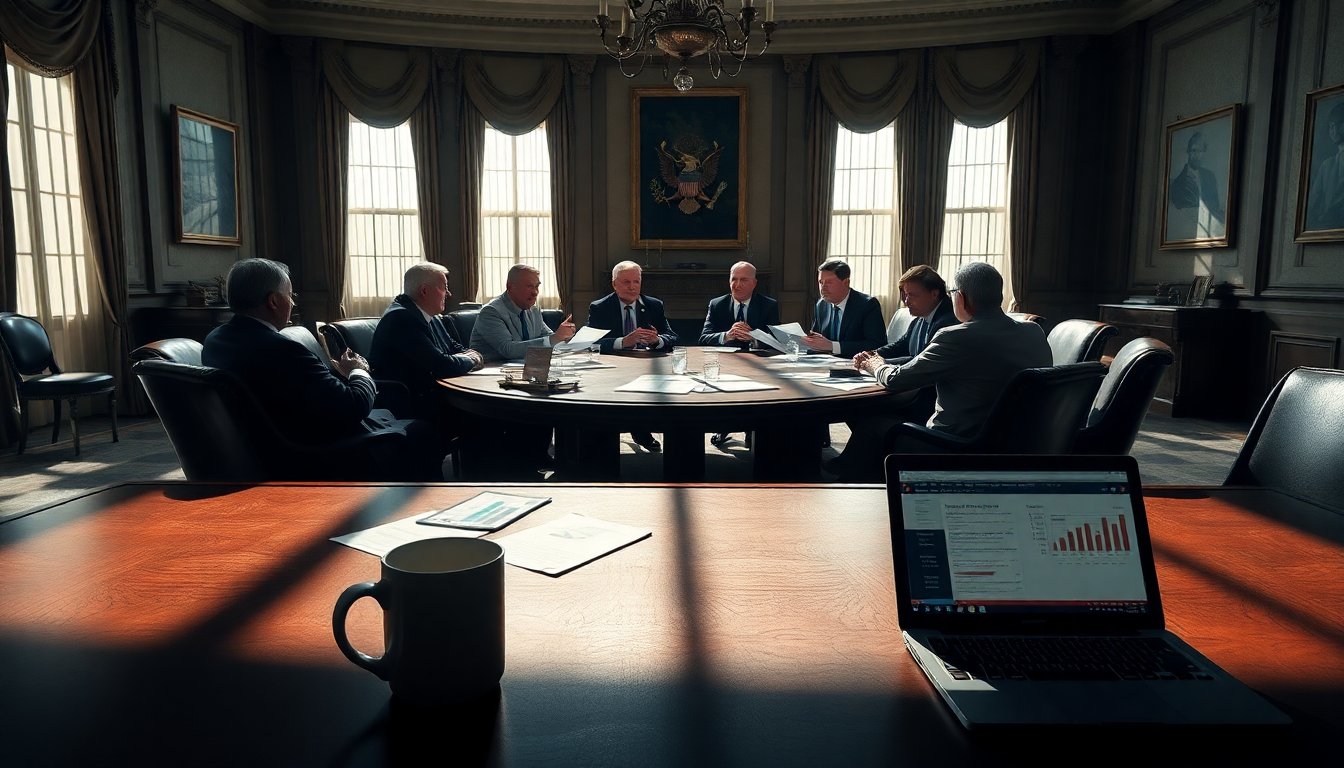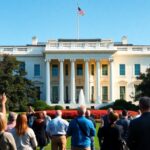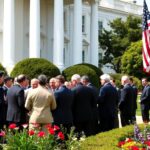Table of Contents
In a decision that has reignited debates surrounding electoral integrity and accountability, former President Donald Trump has issued pardons to several key figures involved in his attempts to overturn the results of the presidential election. This move has raised concerns among critics, who argue it may set a troubling precedent for future electoral disputes.
The pardons include Trump’s former personal attorney Rudy Giuliani and former chief of staff Mark Meadows, underscoring Trump’s ongoing commitment to the narrative that the election was unjustly taken from him. Critics emphasize that these actions may embolden future attempts to undermine democratic processes.
Details of the pardons
A proclamation shared by Ed Martin, the Justice Department’s pardon attorney, outlines a series of full, complete, and unconditional pardons for individuals closely associated with Trump’s efforts to challenge the election outcomes. These figures, such as Sidney Powell and John Eastman, played significant roles in promoting unsubstantiated claims of widespread voter fraud.
Implications of the pardons
The legal ramifications of these pardons primarily pertain to federal charges, as the individuals pardoned were not facing federal prosecution for their actions related to the election. Instead, many remain entangled in unresolved state-level legal challenges.
The pardons do not protect Trump himself, who continues to face legal scrutiny regarding his attempts to overturn the election.
This recent round of clemency follows previous actions by Trump to pardon individuals involved in the January 6th Capitol riots, emphasizing his approach of supporting those who have rallied around him during contentious political battles.
The proclamation described the prosecution of these allies as a grave national injustice, framing the pardons as a step toward national reconciliation.
Reactions from political commentators
Political analysts and commentators have quickly responded to the implications of these pardons. Many express concern that such actions could inspire others to emulate Trump’s allies, believing they could act without fear of legal repercussions.
Amid ongoing electoral disputes, the pardons may be perceived as a green light for future challenges to election results.
Critics’ perspectives
Critics argue that Trump’s pardons undermine the foundational principles of democracy by suggesting that individuals can evade accountability for their actions during a critical phase of the electoral process. The actions of Giuliani and others, who allegedly spread false information about the electoral process, are viewed as contributing to a climate of distrust and division within the American electorate.
Moreover, the decision to grant clemency to those labeled as false electors raises further questions about the integrity of electoral procedures. These individuals have been accused of attempting to submit fraudulent certificates to falsely assert that Trump won their respective states, a move that could have severely disrupted the electoral certification process.
Understanding the broader context
The context surrounding these pardons is crucial to understanding their potential impact. Trump’s narrative of a stolen election has been widely discredited by courts and election officials nationwide, who have found no substantial evidence to support claims of widespread fraud. Nonetheless, the former president continues to exert significant influence over a substantial portion of the Republican base, perpetuating the belief that the election results were manipulated.
As the nation progresses, the question remains whether these pardons will embolden similar actions in future electoral cycles. The potential for a cycle of impunity among political figures challenging election outcomes could lead to further erosion of trust in democratic institutions.





